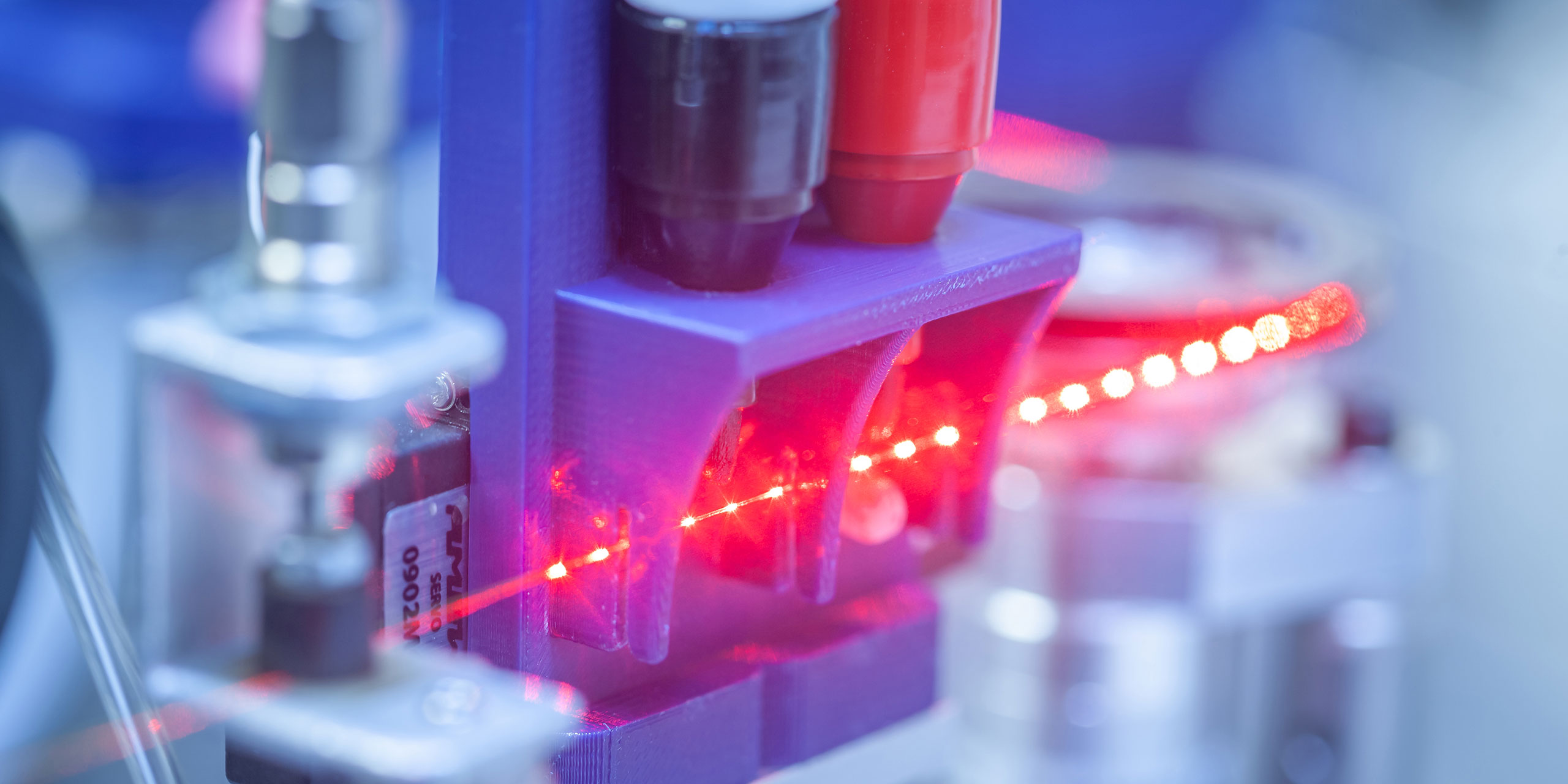
We at fisens
Research
NeuroBatt
The project aims at the development of an optimized operating strategy for efficient and sustainable usage of electrical energy storages.
The goals are the development and evaluation of a fully integrated demonstrator module fitted with (fiber-optic) sensors. By integrating the sensor readout and AI models into the battery management system, it shall be enabled to premature detect cell degradation to prevent failure of single cells or the thermal runaway as a last resort.
MORPHO
MORPHO “Manufacturing, Overhaul, Repair for Prognosis Health Overreach” aims to define, design and validate an innovative, robust, and environmentally friendly industrial process to manufacture, monitor during service and recycle the new generation of intelligent, multifunctional, multi-material structures such as engine fan blades. This process will rely on embedded sensors, data-driven hybrid twins, and machine learning algorithms to track the entire life cycle of the targeted aeronautical structures in real time. The final goal of MORPHO is to contribute to setting standards that will enable reliable, sustainable, agile, and cost-competitive industrialization of smart structures for aeronautics.
FiRa
FiSens GmbH works together with the Laserlaboratorium Göttingen (now: “Institut für Nanophotonik e.V.”) on the project “FiRa / Development of a compact Raman spectrometer based on a fiber Bragg grating.” The aim is to create a completely fiber-coupled and comparatively inexpensive Raman spectrometer system that can also measure at low wavenumbers. For this purpose, FiSens is developing a highly reflective, narrow-band and tunable fiber Bragg grating that acts as a notch filter and suppresses the excitation laser radiation. Furthermore, the FiSens spectrometers are being further developed in such a way that high-resolution and light-sensitive measurements in the fingerprint area are possible.
This project is supported by the Federal Ministry for Economic Affairs and Climate Action (BMWK) on the basis of a decision by the German Bundestag within the framework of the funding program “Zentrales Innovationsprogramm Mittelstand (ZIM)” (funding code: 16KN042157).
Rubin
The COVID-19 pandemic showed the importance of developing portable, cost-effective, and accurate “next-generation” point-of-care tests and their read-out devices. Therefore, The Alliance SNiPoCC (Südniedersachsen Point-of-Care-Cluster), as a part of the Regional Entrepreneurial Alliances for Innovation (RUBIN), is initiated supporting by the BMBF (German Federal Ministry of Education and Research). The project aims to combine expertise from science and business in on-site diagnostics, human medicine, veterinary medicine, biological safety, and forensics in the Göttingen and southern Lower Saxony area. Sustainable methods, products, and market strategies are to be developed through innovative concepts in the field of diagnostics, thus stimulating and promoting structural change in the region. FiSens aims to develop a fiber optical fluorescence reader to be used as a handheld device for evaluating fluorophores-based point-of-care tests.”